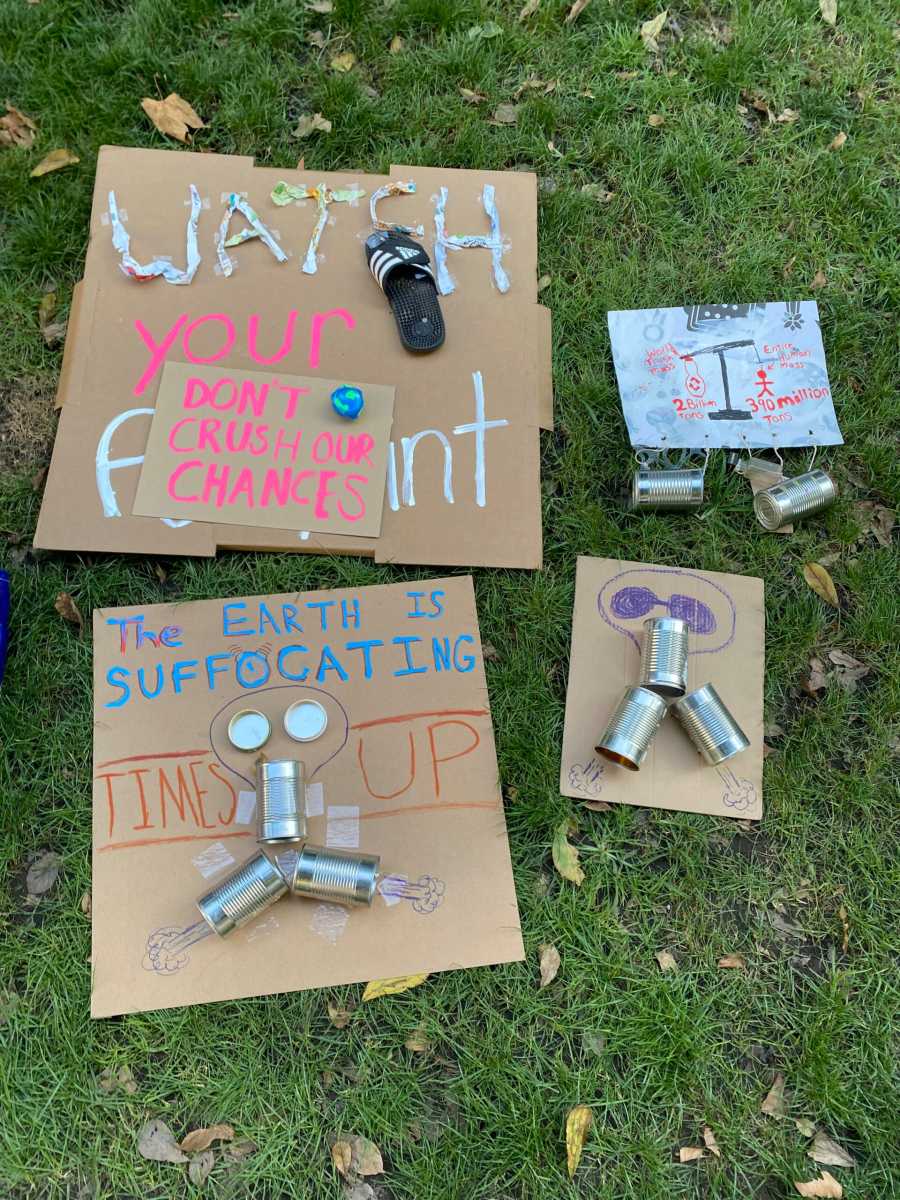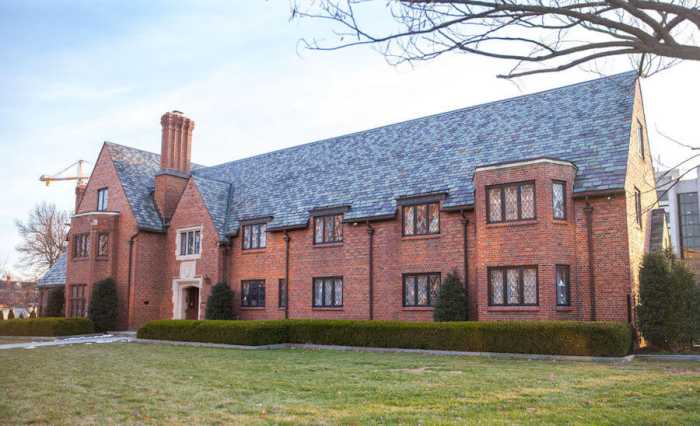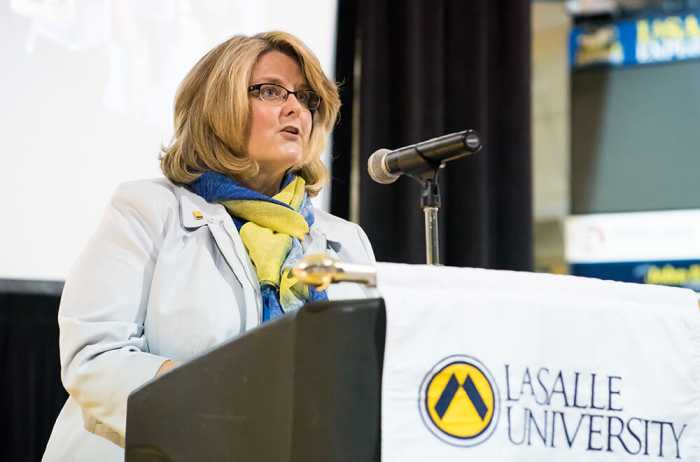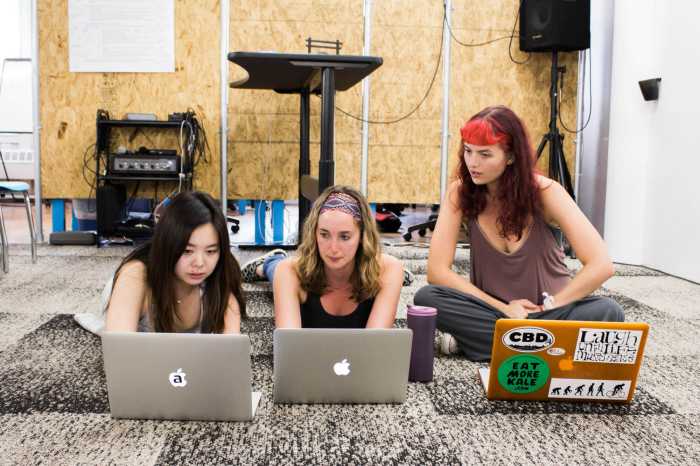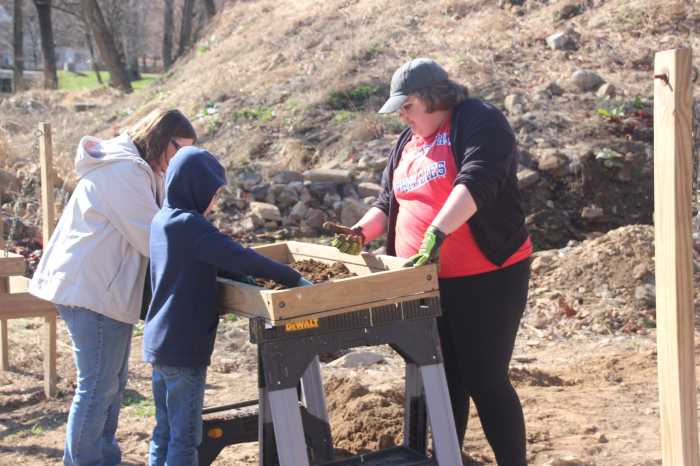A number of Philadelphia high school students are planning to skip class Friday to hold a “climate strike” in an effort to rekindle the environmental youth activism that engulfed cities around the world prior to the coronavirus pandemic.
The young people are gathering at 1:30 p.m. on the north side of City Hall before marching to PECO’s Center City headquarters, organizers told Metro.
Some of the group’s demands are centered around schools. They are calling for better waste management and prevention practices; more sustainable lunches; and the passage of legislation in Harrisburg to create a solar grant program for schools.
“A lot of public schools don’t have the resources they need,” said Clara Hensley, 16, of Graduate Hospital, an organizer with Philly Climate Strike and a junior at Science Leadership Academy. “Like this past week, I know for my school, I’ve had half days all week.”
More than 80 School District of Philadelphia buildings lacking adequate cooling systems closed early last week due to heat, disrupting the first days of classes.
Members of Philly Climate Strike and Fridays for Future – an international organization that grew out of the activism of Swedish student Greta Thunberg – are collaborating on Friday’s strike and collectively sought to focus on local action.
“Originally, some of us were talking about asking for Biden to declare a global climate emergency,” said Noa Fohrer, 18, of Merion Station, who founded the Fridays for Future’s Philadelphia chapter. “That is something that we do think will be powerful, but we also wanted to focus on some more local issues.”
They are calling on the city’s elected leaders to declare a climate emergency. The European Union, 18 countries and more than 200 cities, towns and counties in the United States have issued such declarations, according to the Climate Emergency Declaration campaign website.
Protest organizers also want Philadelphia to match a commitment, adopted in New York, to reach 100% zero-emission electricity by 2040.
Students from a handful of city public schools, including Central, SLA, Masterman, CAPA and Academy at Palumbo, are expected to participate in the strike, organizers said. They also anticipate some coming from suburban high schools and local colleges.
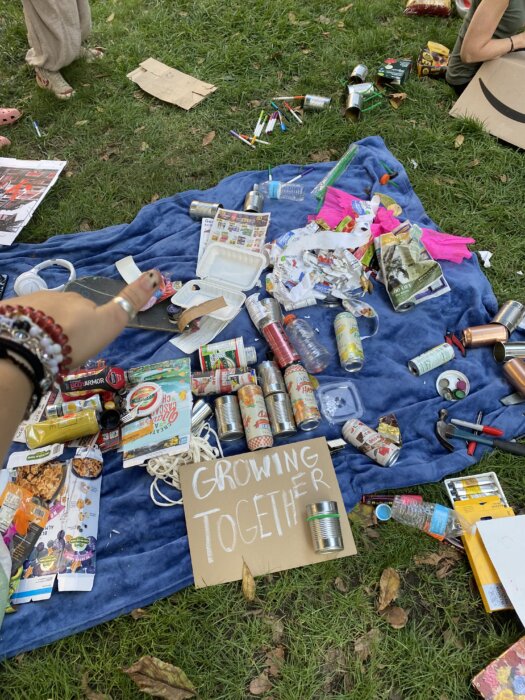
Hensley assumes she and other high schoolers participating in the protest will be marked absent.
“If you have so many students marked absent at the same time on the same day, it’s honestly more powerful,” Hensley said.
“A lot of youth, I think, feel like they aren’t getting taken seriously enough and their voices are silenced,” added Fohrer, who graduated from Lower Merion High School in June. “It’s really unfortunate that it comes down to us feeling like we have to cut class just to get our voices heard.”
Whether students should be counted as absent was a topic of debate in September 2019, when thousands showed up in Center City for the first climate strike. School district leaders decided to take attendance, though students could avoid an absence with parental permission during a subsequent environmental protest later that year.
The school district’s communications team did not immediately respond Monday when asked about their policy this year.
While youth-led climate activism has occurred in Philadelphia in the years since, the energy has not matched that first strike, which coincided with Thunberg’s rise and similar rallies around the world.
Philly Climate Strike and Fridays for Future hope to recapture some of that urgency. To prepare for Friday’s protest, they staged a clean-up, collecting and cleaning trash to turn into posters and other displays.
“Climate change is no longer something we need to worry about in our future,” Fohrer said. “It’s something that’s impacting our day-to-day lives, and that is only going to get worse.”



